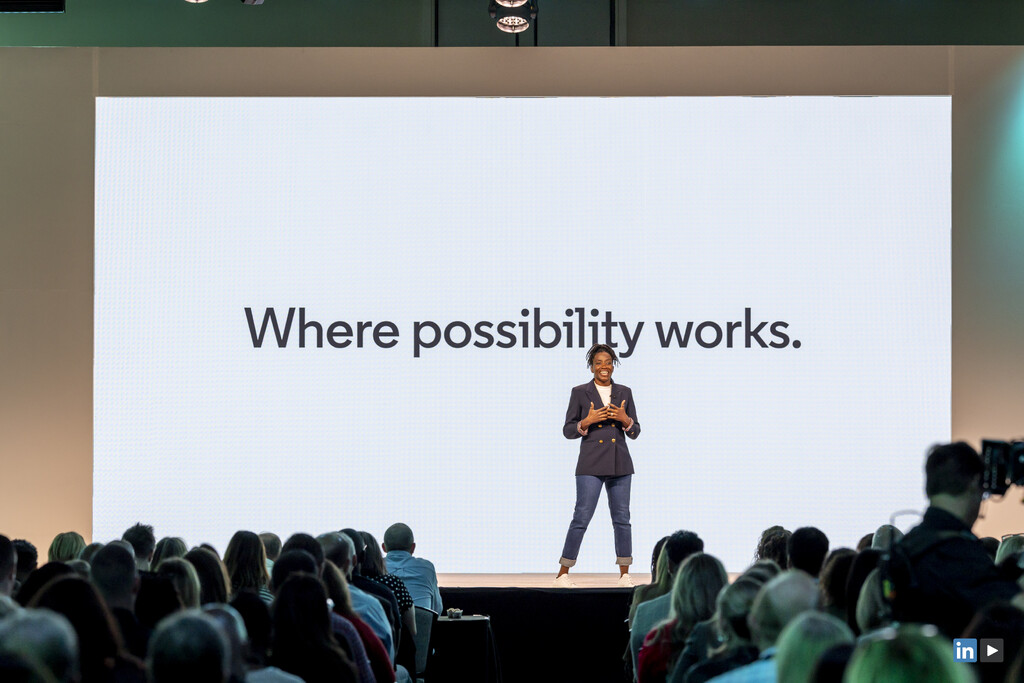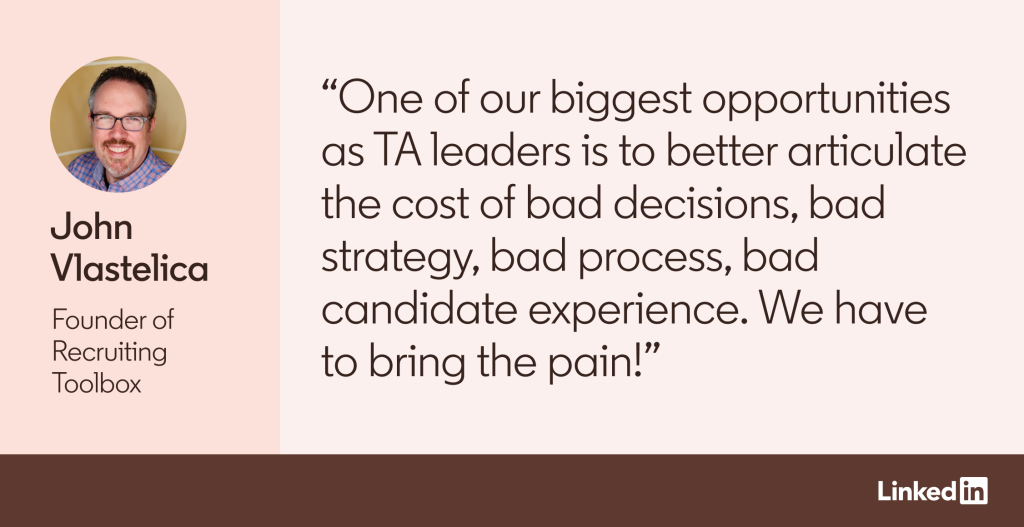When I take on a new interview coaching client, particularly one with a lot of hiring experience, I often ask them about how they like to kick off candidate interviews. It can tell me a lot about the work that lies ahead.
I often hear something like this: “I like to start with a fairly open-ended question about who they are as a person. Something like, ‘What’s something interesting about you?’ or ‘Tell me about yourself.’ That gets the ball rolling.”
When I ask these same leaders about the challenges they face in interviews — that is, the reason they are seeking my help — there’s a strong correlation with two common pain points:
- Candidates won’t get to the point — they ramble too much.
- Candidates speak in generalities — they won’t get specific.
You probably guessed it . . . these issues are linked.
The first few minutes of an interview are extraordinarily important. This is where expectations are set. This is where you communicate what we are here to do.
Put yourself in the candidate’s shoes. Interviewing is a wildly chaotic ocean of different styles and approaches — stress interviews, unstructured interviews, brain teasers, ridiculous “curveball questions.” And many interviewers have no plan or questions to ask at all!
In those first few minutes of the interview, candidates are looking to you to understand what’s about to happen and how they should behave.
If you want candidates to share specific information about their experiences, and do it crisply, you need to communicate that expectation. And you need to do it early.
So, here are three tactics to get you started on the right foot:
1. Set the agenda. Once the small talk is over, jump in with confidence.
- Let them know you have a set of questions that you are excited to ask them and that you will leave time for their questions at the end.
- Let them know you’d love to keep it interactive — that it will be a real dialogue about their unique professional story.
- Let them know you may jump in every now and then to keep things on track — and make sure there’s plenty of time for their questions.
2. Make your first question count. Make sure it’s sufficiently specific, but keep it open and positive (save the “mistakes and weaknesses” questions for later).
3. Jump in early and often with follow-ups (this is critical). This essentially “trains” the candidate to expect an enthusiastic, involved conversation partner.
This post was originally published on LinkedIn.
Jordan Burton has 17 years of experience as an executive assessor and interviewing trainer, working with top VC/PE investors and high-growth startups to help them hire the best of the best. He has trained thousands of founders, leaders, and investors on hiring and interviewing skills. He leads Talgo’s business development initiatives, managing relationships with Sequoia Capital, TH Lee, Palantir, Scale AI, and over 50 venture-backed startups.










